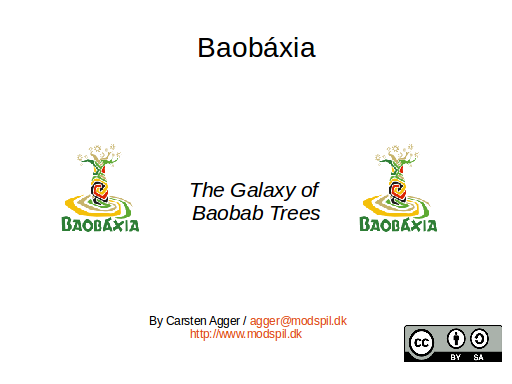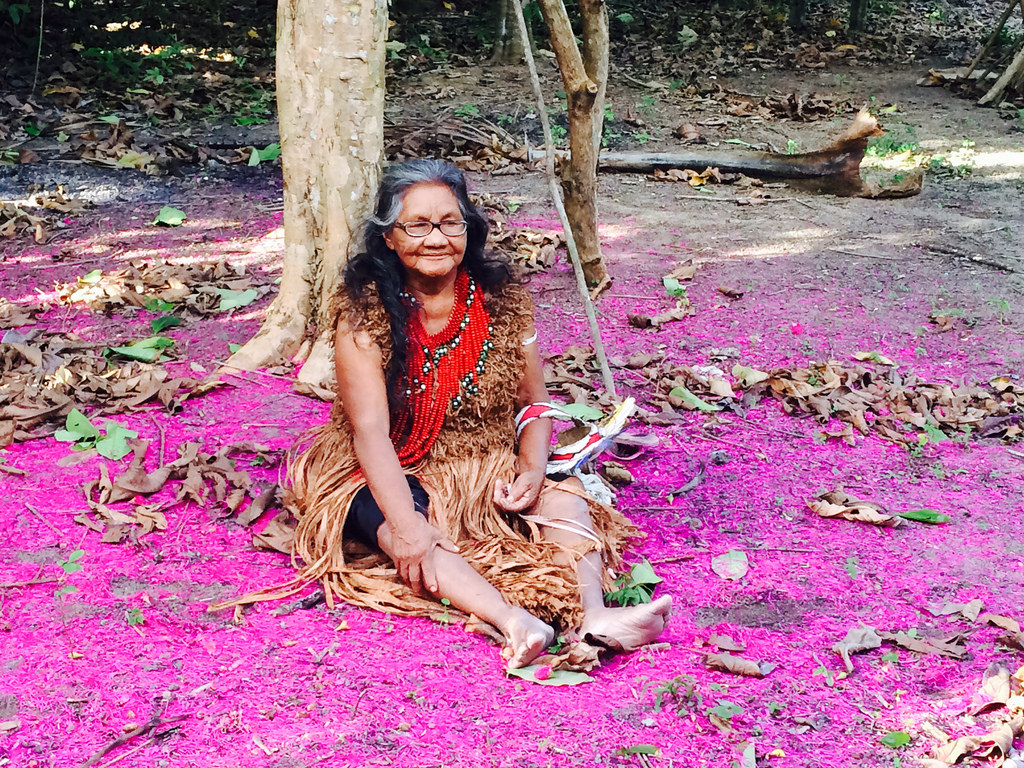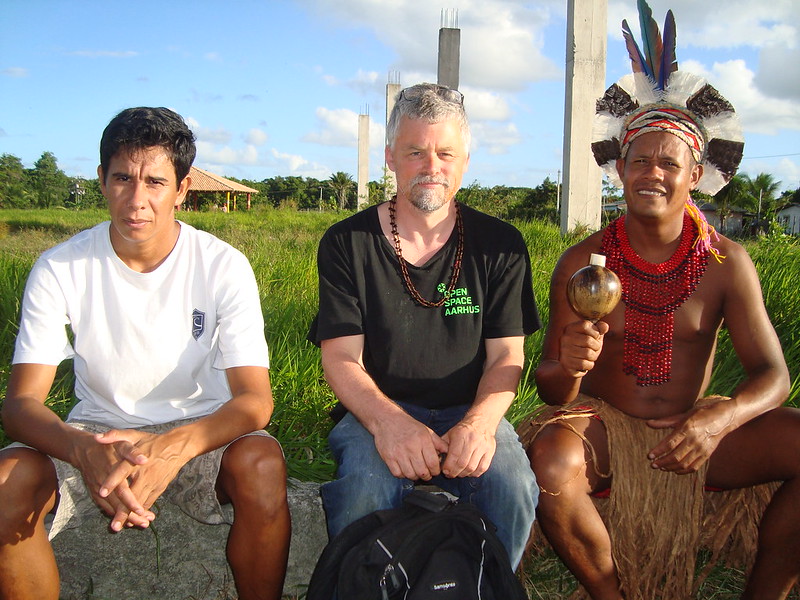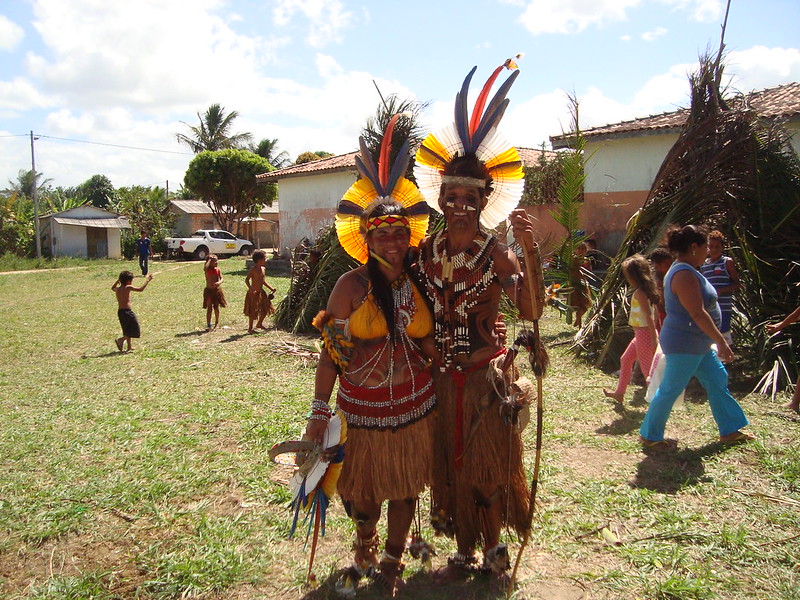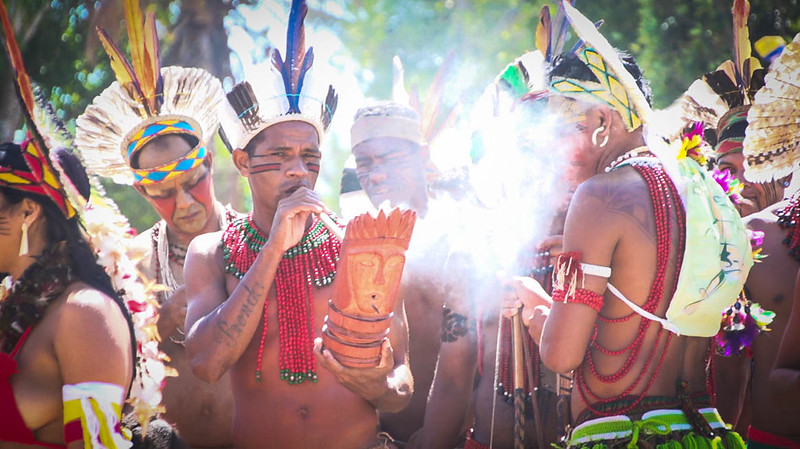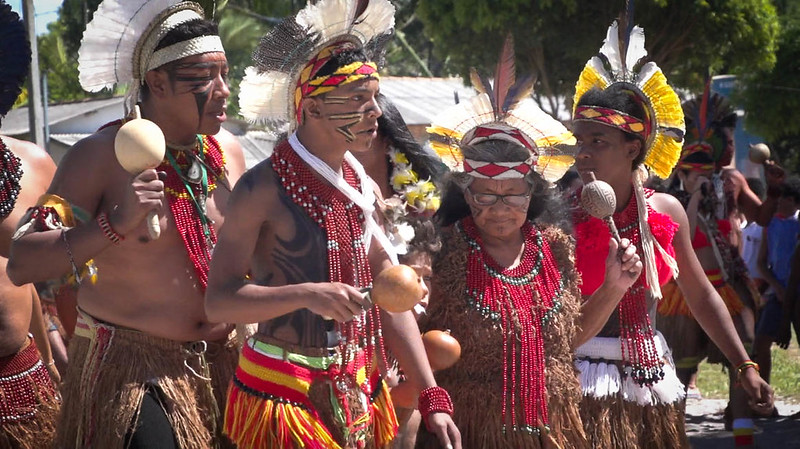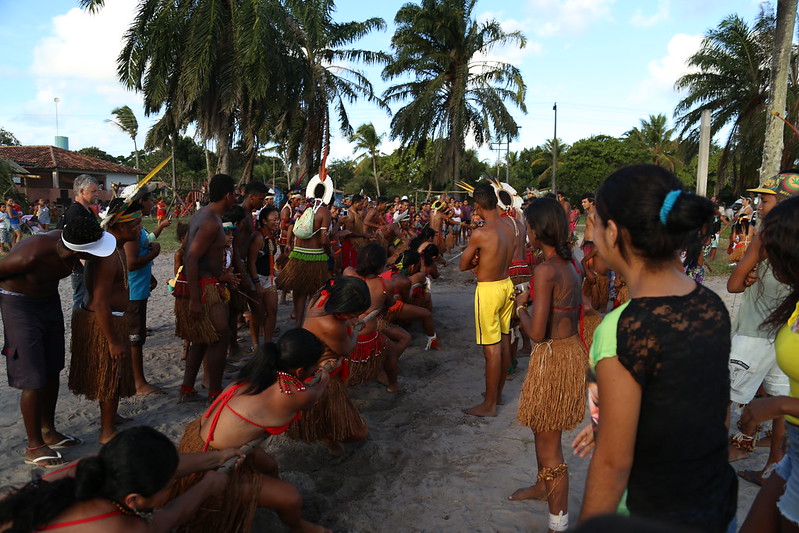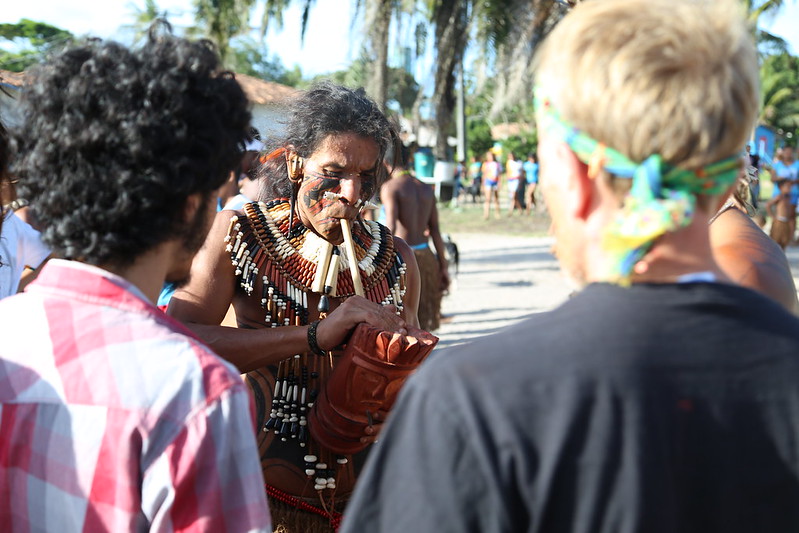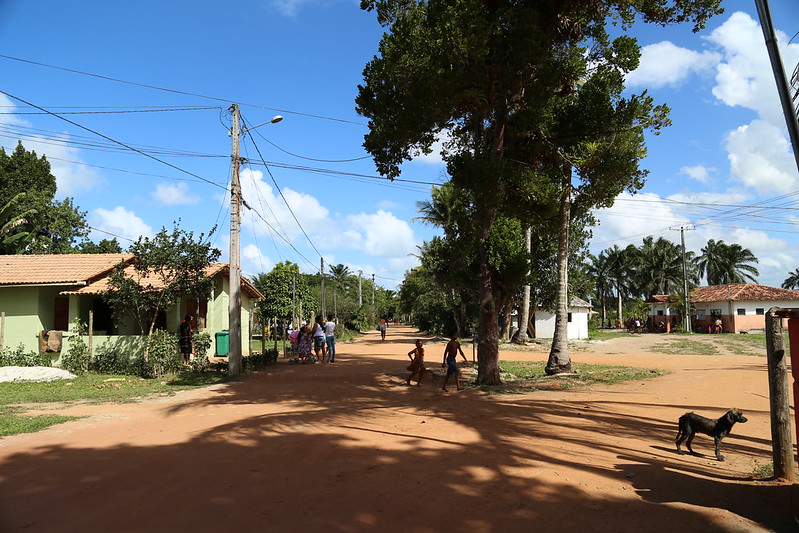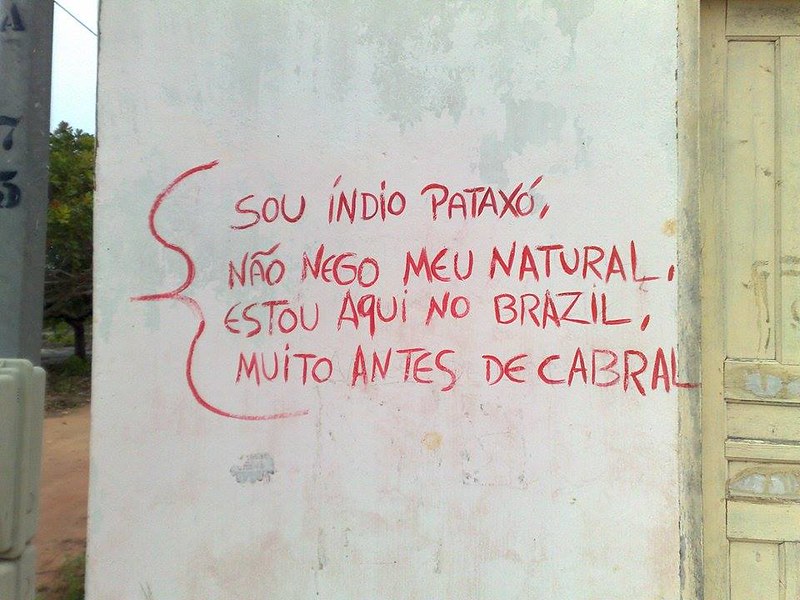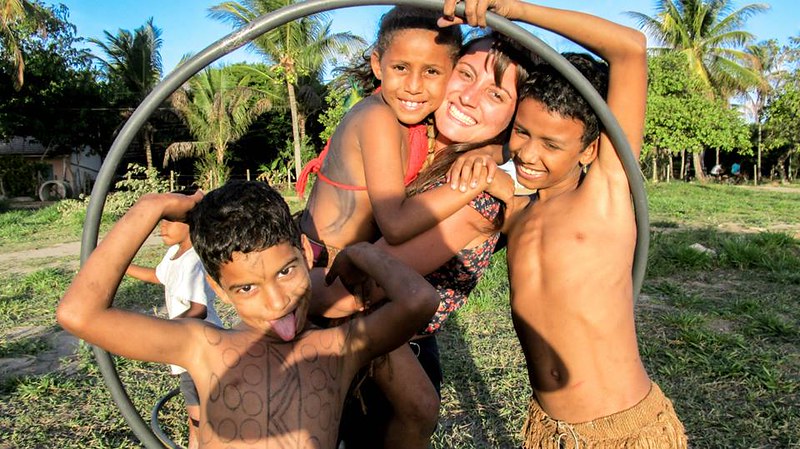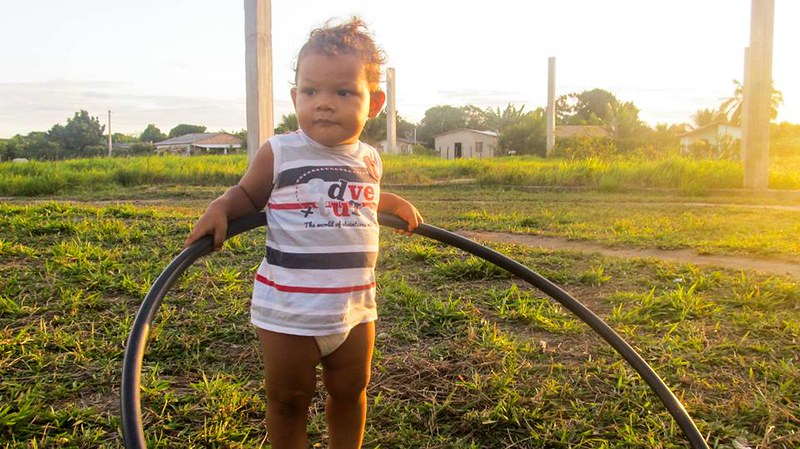Video of our talk on Baobáxia @ FOSDEM
Video link to our talk on Baobáxia, the Galaxy of Baobab Trees
Our talk is, of course, also on Baobáxia itself.
The talk was scheduled late Sunday and that did affect the attendance, but the people who were there displayed a lot of interest in the system.
On Saturday, we set up a booth and operated for some hours, which also gave some very interesting opportunities to share ideas about the system.

Links:




